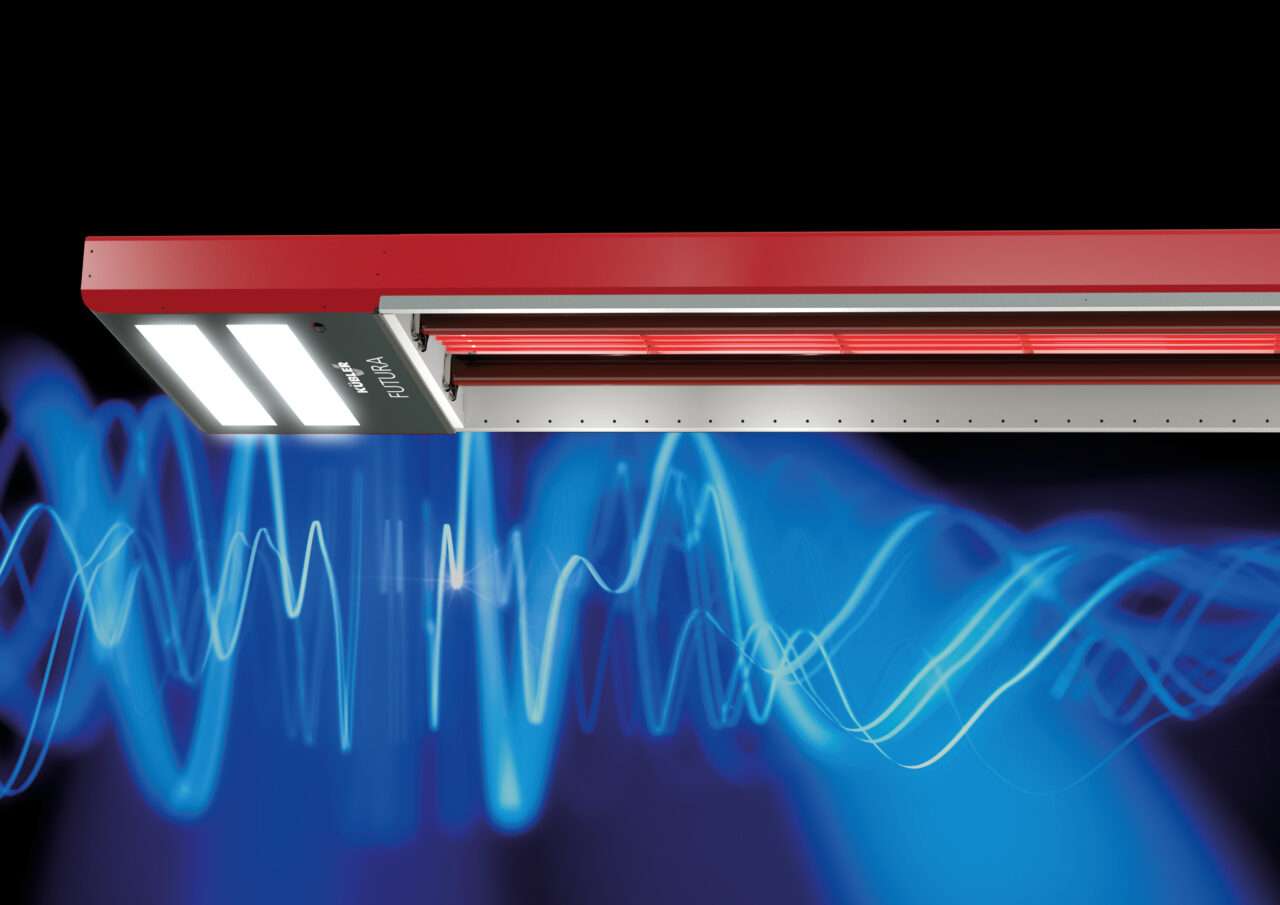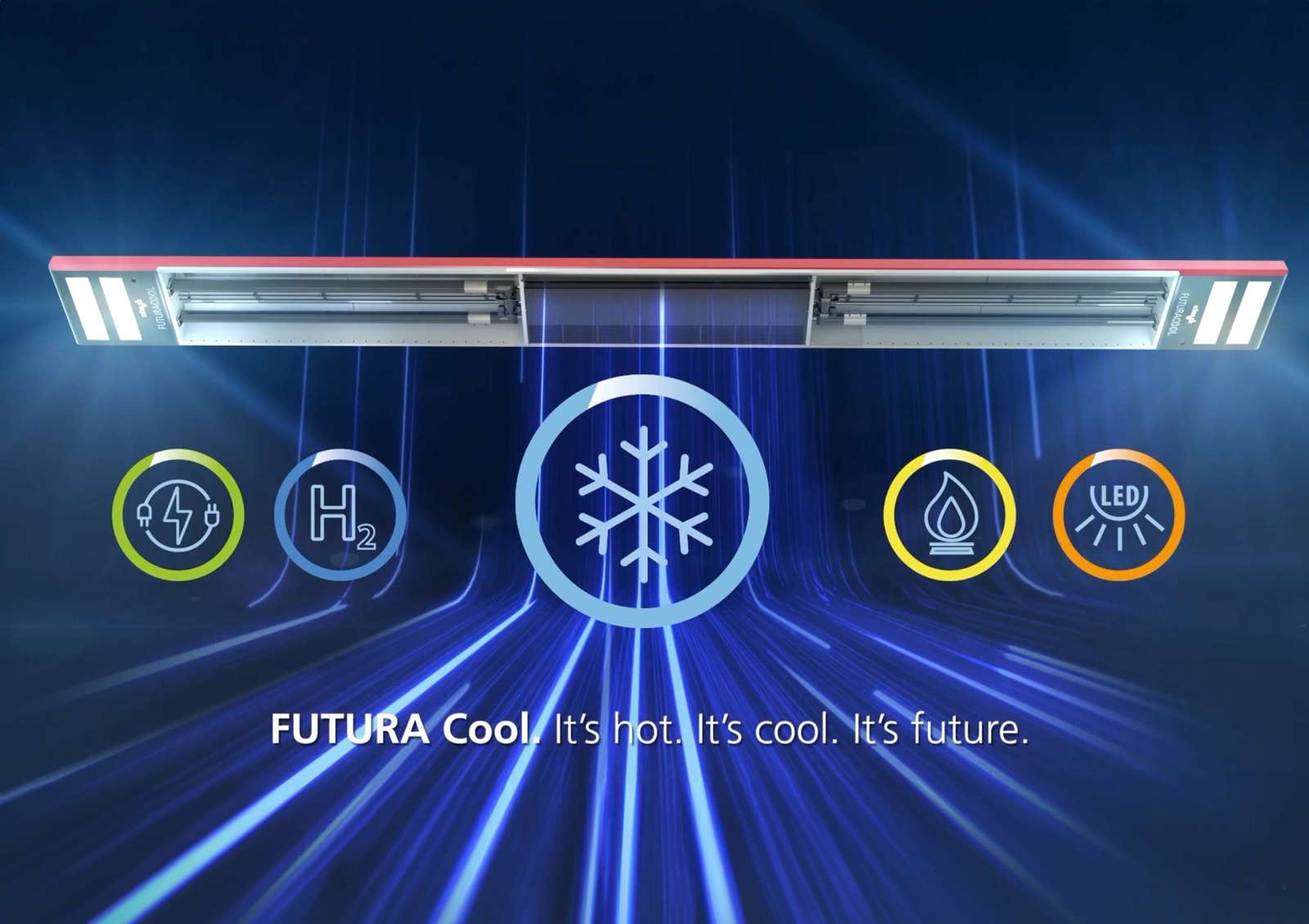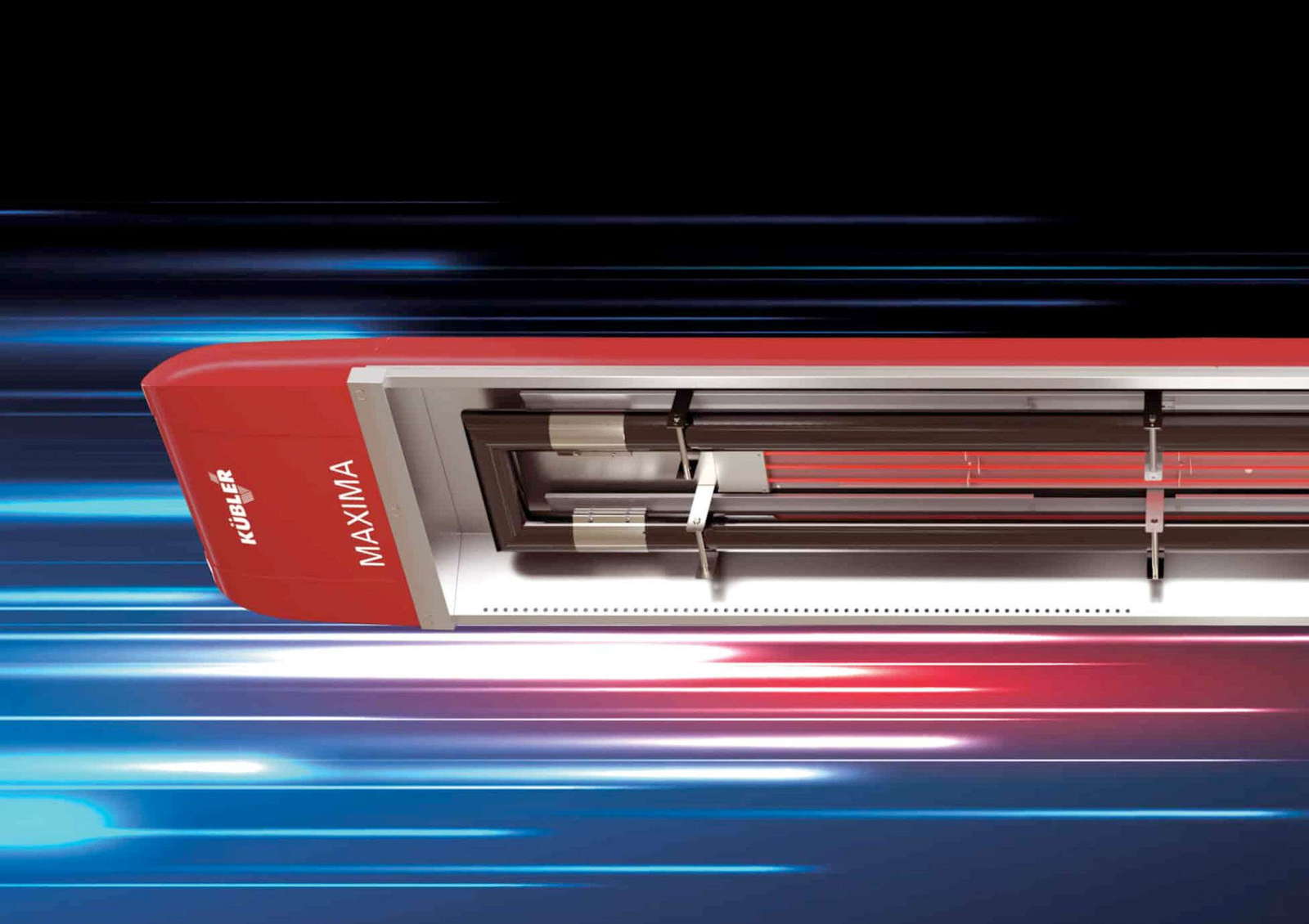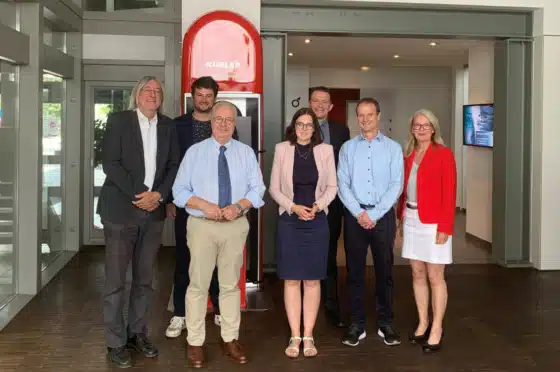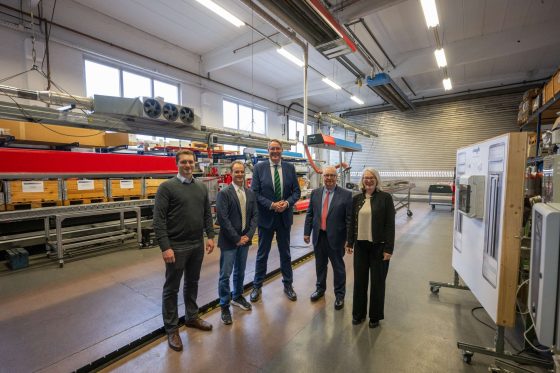The end of the chaos - Bundestag passes Building Energy Act (GEG)

THE END OF THE CHAOS - FEDERAL PARLIAMENT PASSES BUILDING ENERGY ACT
"This is really good news for building owners, especially in the new build sector. The GEG finally takes into account energy-efficient technologies that can do more and are more economical at the same time."
says Thomas Kübler, Managing Partner of KÜBLER GmbH. With the new law, heating technologies can now also be used without any problems, which are clearly superior not only in terms of energy efficiency but also in terms of ease of use." In addition, there is another welcome effect: "From an overall economic perspective, operators of hall buildings now have many more design options at their disposal to realize energy efficiency in their companies. And at significantly lower investment costs".
For years, affected companies and associations have been fighting for the revision of the EEWärmeG. The criticism of this is that the wording of the law simply overlooked the special physical building conditions of rooms with a ceiling height of over 4 m and therefore focused on hydraulic systems, which are significantly less efficient and suitable here.
"With the GEG, we finally have a regulation that is open to all technologies and no longer excludes highly efficient systems that are tailored to the specific requirements of large-scale heating simply because the designers have worked in an undifferentiated manner."
says KÜBLER. The guiding principle "Efficiency first" is finally gaining in importance. Specifically, when the GEG comes into force, decentrally heated halls (zones) with room heights > 4 m will be exempt from the obligation to use renewable energies to cover heating and cooling energy requirements.
What's next? The draft bill to standardize energy-saving legislation for buildings was adopted by the Bundestag on 18 June 2020 with the votes of the CDU/CSU and SPD based on the recommendation of the Committee for Economic Affairs and Energy. There were no significant changes compared to the draft bill from January 2020. However, the abolition of the PV cap and the opened innovation clause (e.g. for hydrogen) should be highlighted. In the next step, the law must now be sent back to the Bundesrat and signed by the Federal President. After publication in the Federal Law Gazette, the GEG comes into force. EnEV and EEWärmeG will then be history.
-
Green members of the state parliament Dr. Bernhard Braun and Fabian Ehmann at KÜBLER in LudwigshafenLudwigshafen, August 2022 - An important visit to KÜBLER in Ludwigshafen: Dr. Bernhard Braun (Chairman of the Bündnis90/Grünen parliamentary group), Fabian Ehmann (Spokesman for Economy & Start-ups, Europe & One World, Youth and Forest Policy) and Hanna Thiele (personal assistant) met with the Ludwigshafen-based hall heating specialist and hidden champion in the Palatinate. They discussed the currently highly topical issues of the energy transition, energy efficiency, legislation and the questions: "What distinguishes halls from residential buildings, offices or daycare centers? And why do they need special technologies for efficient and low-CO2 heating?"
-
Using energy smartly and efficiently, planning and investing for the future, digitizing processes, meeting climate targets and GEG, reducing CO2 tax, meeting the requirements of the future today - and all this with maximum technology and investment security: these are the challenges of heating halls today. In new builds as well as in energy-efficient refurbishments. Discover the leading solutions. [...]
-
"Rhineland-Palatinate is a state of innovation and future technologies - and KÜBLER GmbH in Ludwigshafen is an impressive example of this, as demonstrated not least by the four innovation awards from the state of Rhineland-Palatinate that the company has received to date. As Minister President, it makes me proud that we have hidden champions like KÜBLER in our state. They [...]
-
In keeping with the motto "Doing good in a sustainable way", the raffle is traditionally one of the highlights of the KÜBLER Christmas party. New but unused items from cupboards and cellars find a new use as prizes - from pins to thrillers or vases. Even the raffle sale is eagerly awaited, as the company donates a [...]
